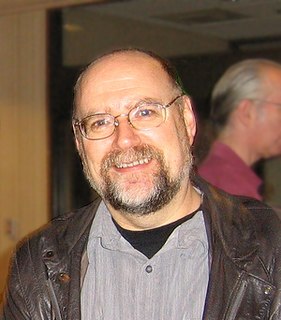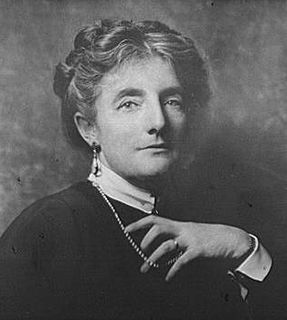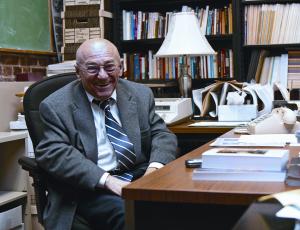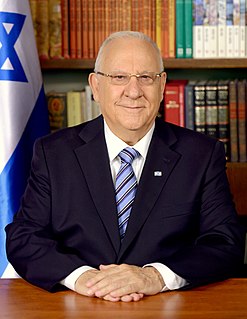A Quote by Dalai Lama
Where ignorance is our master, there is no possibility of real peace.
Related Quotes
The question of real, lasting world peace concerns human beings, so basic human feelings are also at its roots. Through inner peace, genuine world peace can be achieved. In this the importance of individual responsibility is quite clear; an atmosphere of peace must first be created within ourselves, then gradually expanded to include our families, our communities, and ultimately the whole planet.
There is within the hearts of people a deep desire for peace on earth, and they would speak for peace if they were not bound by apathy, by ignorance, by fear. It is the job of the peacemakers to inspire them from their apathy, to dispel their ignorance with truth, to allay their fear with faith that God's laws work - and work for good.
We have heard of a Society for the Diffusion of Useful Knowledge. It is said that knowledge is power, and the like. Methinks there is equal need of a Society for the Diffusion of Useful Ignorance, what we will call Beautiful Knowledge, a knowledge useful in a higher sense: for what is most of our boasted so-called knowledge but a conceit that we know something, which robs us of the advantage of our actual ignorance? What we call knowledge is often our positive ignorance; ignorance our negative knowledge.
There is no peace in Southern Africa. There is no peace because there is no justice. There can be no real peace and security until there be first justice enjoyed by all the inhabitants of that beautiful land. The Bible knows nothing about peace without justice, for that would be crying "peace, peace, where there is no peace". God's Shalom, peace, involves inevitably righteousness, justice, wholeness, fullness of life, participation in decision-making, goodness, laughter, joy, compassion, sharing and reconciliation.






































